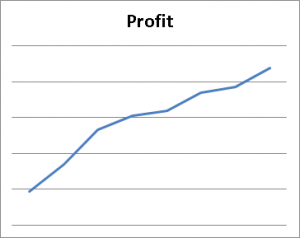 – By Robert Day, Learning Dynamics Consultant
– By Robert Day, Learning Dynamics Consultant
What is your attitude about remote teamwork? In your view, is a remote team just a poor substitute for a team located together? Are the tools of instant internet communication just a replacement for face-to-face contact? Do you see your main challenge in managing distance workers or telecommuters as a matter of keeping them from being unproductive? If you answered “yes” to any and all of those questions, I’ll say first that yours is a common reaction. Many view virtual leadership as a half-empty glass (at best).
We’ve had the tools of remote wireless communication available for almost 30 years, but managers and leaders in all types of organizations are still struggling. Building effective teams and developing productive management styles with telecommuting, dispersed, mobile, and overseas colleagues requires skill and a plan.
I’d like to suggest that when it comes to managing virtual teams, effectiveness starts by seeing dispersed locations not as obstacles, but as opportunities to build bridges. Jeff Edinger argues in his Harvard Business Review blog that remote workers are more focused, more committed, and more disciplined than groups that are “co-located” (in the same location).
There is an “if” to that: if the teams have effective leadership. Effective remote leaders have learned how to develop focus, accountability, and creativity with their colleagues. They know how to motivate them, and how to make best use of all their communication tools. Most of all, they have learned how to build trust and commitment.
When it comes to managing virtual teams, then, the glass is a lot more than half full. If you approach your remote management responsibilities with that attitude, you’ve made the best possible start to effectively leading your virtual team.
—
Many strategies and techniques for leading virtual teams have emerged, largely through trial and error (or success!). Learning Dynamics offers an online module, Managing Virtual Teams, that covers the best of these. Let Learning Dynamics help you maximize the effectiveness of your company’s virtual teams.
